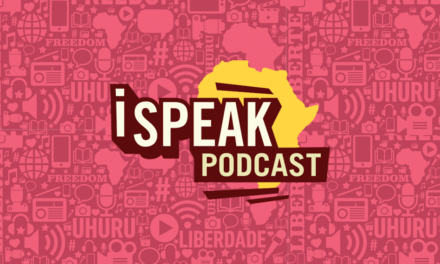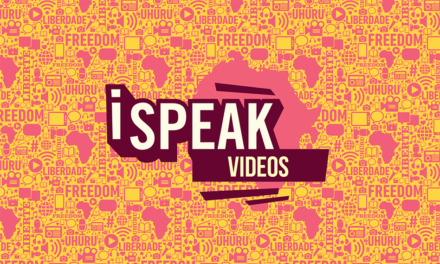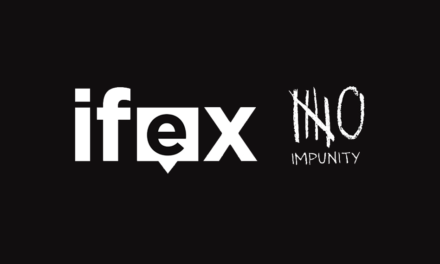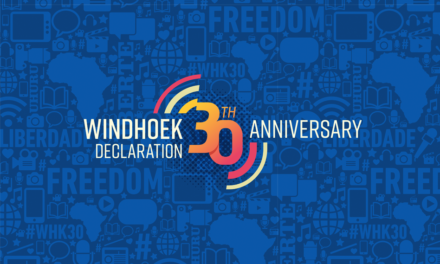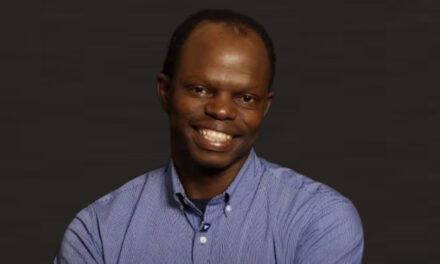
Media policy and reform in a political transition: The Case of Ethiopia

Ethiopia’s media reform process could serve as a replicable model for other African countries, writes Henok Fente, an Ethiopian journalist and media educator who was involved in the drafting of three major media related laws. However, the author cautions, a successful implementation of the legislative reform requires a close monitoring and engagement of key media actors in the Horn of Africa nation.
In 2018, Ethiopia’s new Prime Minister, Abiy Ahmed, ushered in an era of reform with a promise of institutionalising democratic governance. The reform agenda, however, has been difficult to achieve and the impact thereof yet to be fully realised. The reform process is one to aspire for and could serve as a replicable model for other African countries, albeit with the notable challenges faced in a country in transition.
For starters, in the summer of 2018, the government of Ethiopia established an independent secretariat under the Attorney General’s office with a mandate to overhaul the country’s legal and regulatory mechanisms. Led by respected legal experts and professors; the Legal and Justice Affairs Advisory Council (LJAAC) began reviewing and improving more than 30 pieces of legislation, effecting institutional reform processes, by establishing independent volunteer groups composed of human rights, media, government and civil society leaders. One of these volunteer groups is the Media Law Working Group that was mandated to draft the media, access to information and computer crime proclamations.
The Media Law
The Media Law Working Group was composed of 15 volunteer legal experts, media sector leaders, journalists, civil society leaders and gender specialists. The first task the group undertook was to identify gaps associated with media laws and make a research-based analysis and set of recommendations for the drafting of the three (3) laws. The final report that came to be known as “a diagnostic study” presented its findings evaluating gaps in existing media-related laws and challenges faced in implementing such provisions.
The drafting process started following a series of consultations with key media stakeholders based on the diagnostic analysis conducted by the independent volunteer group. Inputs from media actors and a comparative study of the experiences of media legislation in Ghana, Kenya, South Africa, Australia, Canada and the UK served as guiding principles.
The working group then developed a zero-draft that led to the convening of stakeholder consultations with the aim of soliciting feedback from key media actors in the capital Addis Ababa and major regional towns. This participatory and independent format of the media law reform process is what I think could serve as a replicable model for other countries, especially in Africa.
The drafting of media and freedom of information proclamations included the redrafting of as well as substantive alterations to existing legal frameworks and more importantly the incorporation of new provisions that were deemed critical for the establishment of independent media regulatory framework and institutions in the country.
For instance, government media regulatory mechanisms are to be established with clearly mandates and structures, with specifically articulated division of powers.
Eventually, the Media Law was passed by parliament in February 2021, providing a pathway for the establishment of a non-statutory co-regulation of the media sector with the legal backing to put in place a self-regulatory mechanism. The two media-related legislations, namely, Freedom of Information and Computer Crime Proclamation, are expected to undergo public consultations prior to being tabled before parliament for approval. It is also important to mention that a newly drafted government Media Policy was adopted by the country’s principal decision making executive body – the Council of Ministers in late 2020.
Next steps and concerns
Policy and regulatory reform processes in the context of a political transition are characterized by a brief window of opportunity before consolidation of democracy or otherwise. So it is essential that major media policy, legal and regulatory reform processes in Ethiopia take advantage of the opportunities presented during this transitional period.
It is also of paramount importance that key media stakeholders remain engaged in the implementation of the Media Law and the consultation process of other remaining media related reform processes. Media stakeholder engagement in the formulation of media-related directives and codes is a key component to success.
The establishment of a functional self-regulatory media body in Ethiopia is an important milestone to ensure the consolidation of an independent regulatory system. The presence of strong journalists associations and media civil society could help shore up self-regulation and ethical journalistic practices.
Media and human rights defenders have expressed concern at some of the provisions contained in Ethiopia’s newly passed anti-hate speech proclamation which is said to be aimed at ensuring peace and security in the country. While dialogue continues on this matter, it is important for governments to understand that in maintaining peace and stability, especially in the context of a political transition with deep political and social fractures, it is equally essential to ensure that the implementation of such laws does not infringe upon the rights of citizens to free expression.
PHOTO: Ethiopia’s Prime Minister, Abiy Ahmed, ushered in an era of reform with a promise of institutionalising democratic governance.

